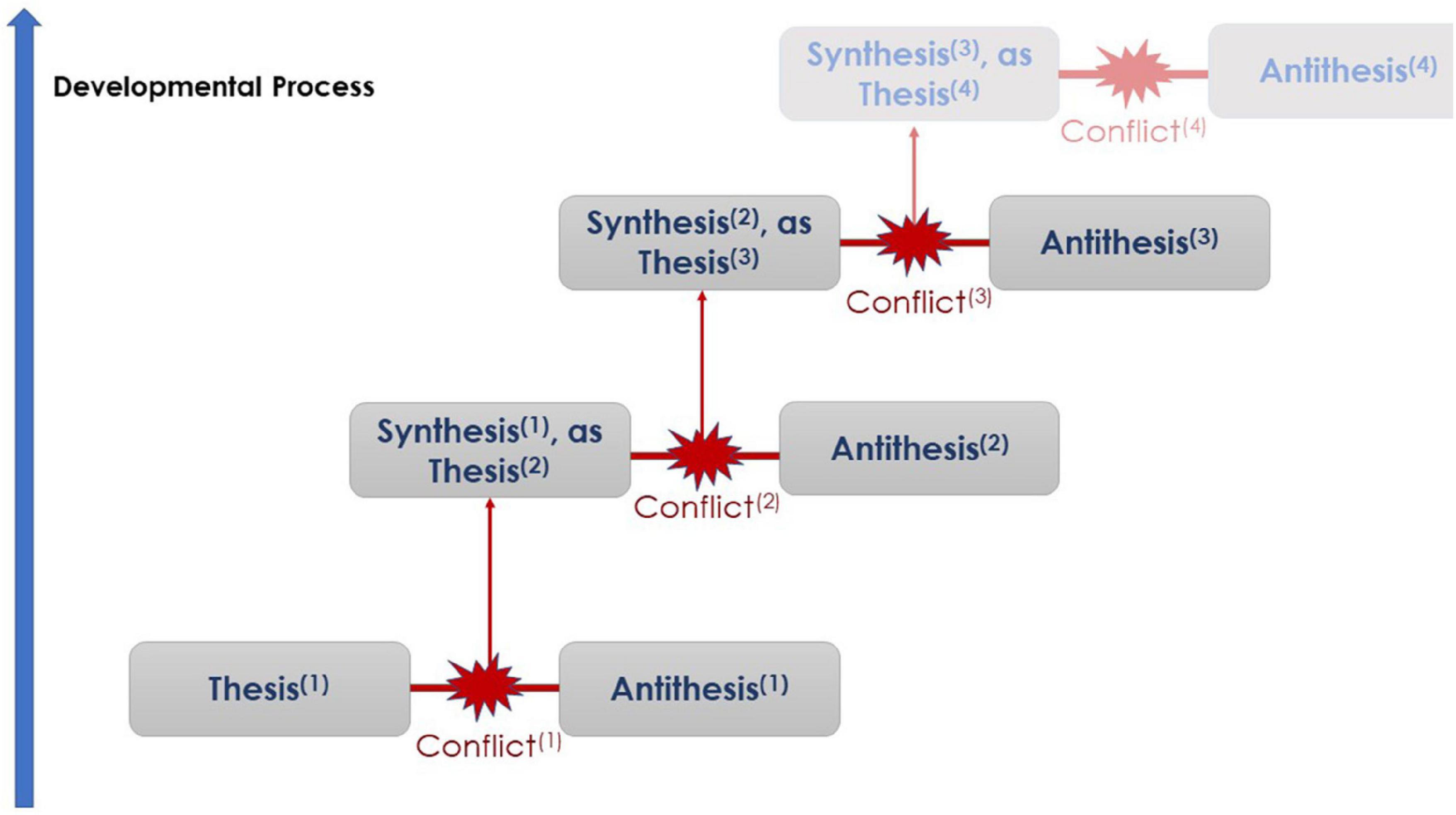Understanding the intellectual history of the Scientific Revolution is essential to grasp the revolutionary changes in thought and practice that defined this period. The Scientific Revolution, which took place between the 16th and 18th centuries, marked a transformative era in the history of science.
During this time, there was a profound shift from traditional and religious explanations of natural phenomena to empirical and rational approaches, paving the way for the development of modern scientific methods. Let’s delve into the key intellectual developments that shaped this pivotal period in human history.
Empiricism and Observation
One of the central tenets of the Scientific Revolution was the emphasis on empiricism and observation. This marked a departure from the prevailing Aristotelian worldview, which relied heavily on deductive reasoning and abstract theory. Prominent figures such as Galileo Galilei and Johannes Kepler championed the idea of using empirical evidence and observation to understand the natural world. Galileo’s groundbreaking work with telescopes and his observations of celestial bodies revolutionized the practice of astronomy and laid the groundwork for the empirical approach to scientific inquiry.
Mathematization of Nature
Another key intellectual development of the Scientific Revolution was the mathematization of nature. This involved the application of mathematical principles to explain natural phenomena. Renowned figures like Isaac Newton, through his laws of motion and universal gravitation, demonstrated the power of mathematical reasoning in understanding the underlying principles of the physical world. The fusion of mathematics and natural philosophy led to the development of a unified and quantitative approach to scientific inquiry, characterizing the spirit of the Scientific Revolution.

Credit: www.frontiersin.org
Challenge to Traditional Authorities
The Scientific Revolution also witnessed a challenge to traditional authorities, particularly the influence of the Church and established Aristotelian scholarship. The willingness of pioneering scientists to question prevailing dogmas and authority paved the way for the emergence of new ideas and theories. The works of Copernicus, who proposed a heliocentric model of the cosmos, and the subsequent debates surrounding this radical idea, exemplified the intellectual defiance of conventional wisdom that defined this transformative period.

Credit: medium.com
Dissemination of Knowledge
Advancements in printing technology played a pivotal role in the intellectual history of the Scientific Revolution. The widespread dissemination of scientific knowledge through printed books and pamphlets enabled the exchange of ideas and discoveries across Europe. Figures like Johannes Gutenberg, whose invention of the printing press revolutionized the spread of information, contributed significantly to the intellectual ferment of the era. This dissemination of knowledge fostered a vibrant scientific community and facilitated the cross-fertilization of ideas, propelling the Scientific Revolution forward.
The Legacy of the Scientific Revolution
The intellectual history of the Scientific Revolution left an indelible mark on human progress. Its emphasis on empiricism, mathematization, and the questioning of traditional authority laid the foundations for the modern scientific framework. The Scientific Revolution not only transformed our understanding of the natural world but also reshaped societal attitudes towards knowledge, inquiry, and the pursuit of truth.
In conclusion, the intellectual history of the Scientific Revolution represents a watershed moment in the evolution of human thought and scientific inquiry. The triumph of empirical observation, the mathematization of nature, and the defiance of conventional wisdom have enduringly shaped the way we understand the world around us. By recognizing and appreciating the key intellectual developments of this critical period, we gain valuable insights into the origins of modern science and the enduring quest for knowledge.
Frequently Asked Questions For Unveiling The Enigmatic Intellectual History Of The Scientific Revolution: A Paradigm Shift In Human Progress
What Is The Scientific Revolution And When Did It Take Place?
The Scientific Revolution refers to the period between the 16th and 18th centuries when groundbreaking scientific discoveries and advancements reshaped the understanding of the natural world.
Who Were The Key Figures Of The Scientific Revolution?
Prominent figures of the Scientific Revolution include Galileo Galilei, Isaac Newton, Nicolaus Copernicus, and Johannes Kepler, whose contributions revolutionized fields like astronomy, physics, and mathematics.
What Were The Main Achievements Of The Scientific Revolution?
The Scientific Revolution led to remarkable achievements such as the heliocentric model of the solar system, the laws of motion, the development of the scientific method, and the advancement of experimental techniques.
How Did The Scientific Revolution Impact Society?
The Scientific Revolution had a profound impact on society by challenging traditional beliefs, paving the way for the Enlightenment, promoting critical thinking, and laying the foundation for modern scientific inquiry and technological advancements.
Guest Author Sakhawat-Shuvo wrote and edited this Article based on his best knowledge and understanding. These opinions and remarks are not endorsed or guaranteed by epichistoria.com or EpicHistoria. The Epic Historia does not guarantee this article’s content. Readers should verify and use their judgment before trusting the content. Also, the Images used in this Article are the copyright of their Respective Owners. Please use our Comment Box or Contact Us form to report this content. This information is not accountable for losses, injuries, or damages.

